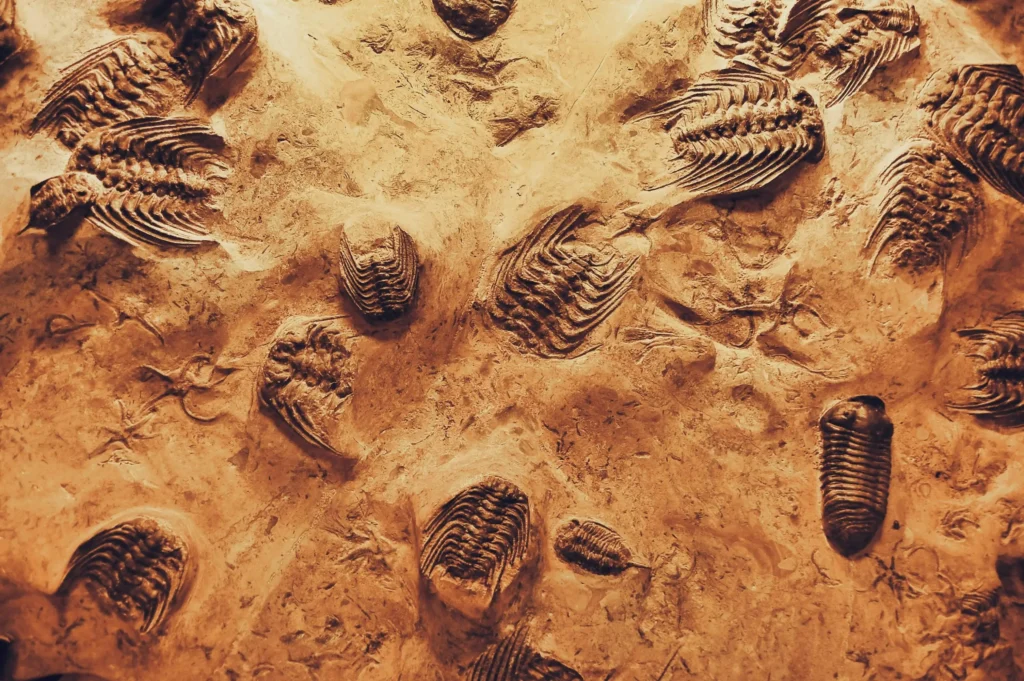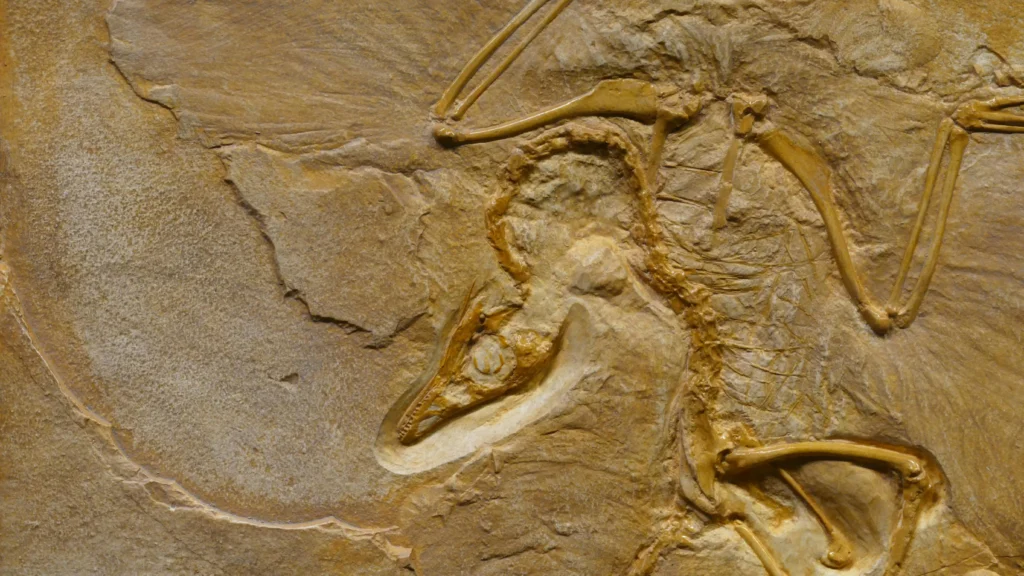
Groundbreaking Discovery: Complex Life on Earth May Have Begun 1.5 Billion Years Earlier Than Previously Thought
In a remarkable turn of events, a team of scientists has unveiled evidence suggesting that complex life on Earth may have originated as much as 1.5 billion years earlier than previously believed. This intriguing theory challenges long-standing scientific consensus and has ignited a fresh debate within the scientific community. For the latest updates on this groundbreaking research, visit Samaya Jyothi.
The Discovery in Gabon
A group of researchers working in Gabon has reported finding new evidence deep within ancient rocks that indicates the presence of environmental conditions suitable for complex life approximately 2.1 billion years ago. According to the team, these conditions would have supported early forms of animal life, but these organisms were confined to an inland sea and did not spread globally. Over time, these early life forms are believed to have died out.
This theory is a significant departure from the prevailing scientific view that animal life began around 635 million years ago. Most experts currently agree that complex life, including early animals, emerged during what is known as the Cambrian period. The new findings, if confirmed, could radically alter our understanding of the timeline of life’s evolution on Earth.
Evidence and Analysis
The research team, led by Professor Ernest Chi Fru from Cardiff University, investigated rock formations in Franceville, Gabon, which have been a subject of debate for some time. These formations have been suspected to be fossils, but there has been uncertainty about their origins and significance.
The scientists focused on the rock layers surrounding these formations to determine if they contained nutrients such as oxygen and phosphorus—elements essential for supporting life. Their analysis revealed evidence suggesting that these nutrients were present 2.1 billion years ago, which could have created conditions conducive to the development of complex life forms.
Professor Chi Fru explained that, if their hypothesis is accurate, the early life forms would have resembled modern-day slime molds—simple, brainless, single-celled organisms that reproduce through spores. This finding, according to Chi Fru, aligns with theories about the processes that create life on Earth and provides new insights into the origins of complex organisms.
Implications for Understanding Life’s Evolution
Professor Chi Fru and his team believe that their research provides valuable insights into the processes that may have contributed to the development of complex life on Earth. By comparing their findings with the Cambrian period, they argue that the same processes that stimulated the appearance of complex life 635 million years ago might have been at work much earlier.
This new perspective could reshape our understanding of life’s evolutionary timeline and offer a broader view of how environmental conditions influenced the development of complex organisms. It also highlights the importance of continuing research into early life forms and the conditions that supported their existence.
A Departure from Conventional Thinking
The notion that complex life may have originated 2.1 billion years ago is a substantial shift from conventional thinking. Traditionally, the emergence of complex life is associated with the Cambrian period, around 635 million years ago, when a dramatic increase in the diversity of life forms is believed to have occurred. This period marked the rapid evolution of most major animal groups and is well-documented through fossil records.
However, Chi Fru’s research introduces the possibility that earlier forms of complex life existed long before this period. This theory suggests that the conditions necessary for the evolution of complex organisms may have appeared much earlier, although the life forms themselves were short-lived and did not proliferate globally.
Skepticism and Debate
While the findings are exciting, they have also sparked skepticism and debate among scientists. Professor Graham Shields from University College London, who was not involved in the study, expressed reservations about the implications of the research. Shields acknowledged that higher nutrient levels might have existed 2.1 billion years ago but questioned whether these conditions could have led to the diversification of complex life forms.
According to Shields, more evidence is needed to support the claim that complex life emerged 2.1 billion years ago. He suggested that while the findings are intriguing, they do not yet provide a comprehensive explanation for the development of complex life and its subsequent evolution.
Share this post :
KTR Accuses Revanth Reddy’s Brother-in-Law of Securing Lucrative Government Contracts with Minimal Business Background
NASA says: Two Big Space Rocks To Dangerously Flyby Earth Today
Wayanad Landslides- Army Rescues Thousands From Cloudburst, Managed To Save More Than 190 Others
Incredible image from NASA’s Juno mission shows Jupiter as we’ve never seen it before
Subscribe our newsletter
Purus ut praesent facilisi dictumst sollicitudin cubilia ridiculus.
